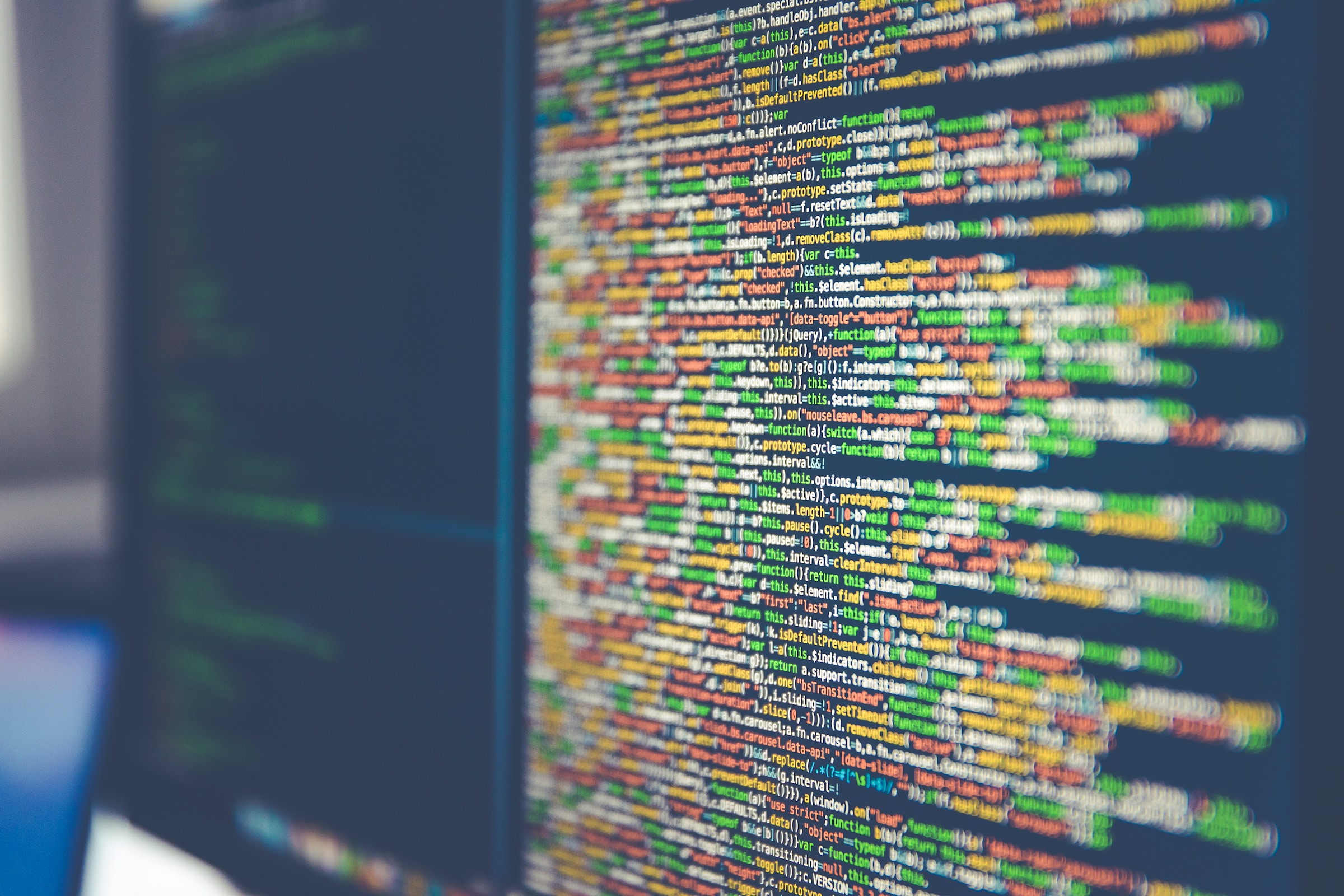TED (Technology, Entertainment, Design) is a nonprofit global community that has been committed to the spread of creative ideas in the form of short but powerful talks since 1984. The talks cover all kinds of topics from science to business to global issues in more than 100 languages as TED welcomes people from every discipline and culture.
TED site rolls out videos all the time and there are more than 2500 videos now. If you are pressed for time, here are 7 must-see TED talks about big data that every data science fan should watch for their insights into the future of big data. These 7 talks cover how we make use of big data from machine learning to healthcare to astronomy. These talks make fascinating watching for anyone curious about where big data might take us.
1. Big data is better data (by Kenneth Cukier, the Data Editor of The Economist )
Starting from pointing out that America’s favorite pie is not apple pie, Kenneth, the Data Editor of The Economist, tells us that more data allows us to see new, to see better, and to see different. What can we do with big data? Self-driving cars were just the start. What’s the future of big data-driven technology and design? In this exciting science talk, Kenneth Cukier looks at what’s next for machine learning — and human knowledge.
2. What do we do with all this big data? (by Susan Etlinger, Data Analyst)
Does any set of data make you feel more comfortable or more successful? Then your interpretation of it is likely wrong. In this surprisingly moving talk, Susan Etlinger explains that as we receive more and more data, we need to deepen our critical thinking skills. We are not passive consumers of data and technology. We shape the role it plays in our lives and the way we make meaning from it, so we have to pay as much attention to how we think as how we code. Because it’s hard to move beyond counting things to really understanding them.
3. The era of blind faith in big data must end (by Cathy O’Neil, Mathematician and Data Scientist )
Algorithms now decide many things, for example, who gets a loan, who gets a job interview, who gets insurance and much more — but they don’t automatically make things fair. Mathematician and data scientist Cathy O’Neil coins a term for algorithms that are secret, important, and harmful: “weapons of math destruction.” Learn more about the hidden agendas behind the formulas in this thrilling talk.
4. The human insights missing from big data (by Tricia Wang, Technology Ethnographer)
Why do so many companies, from Nokia to Netflix, make bad decisions, even with access to unprecedented amounts of data? Tricia Wang, a technology ethnographer, demystifies big data and identifies its pitfalls, suggesting that we focus on “thick data” — precious, unquantifiable insights from actual people — to make the right business decisions and thrive in the unknown.
5. The big-data revolution in healthcare (by Joel Selanikio, Health, and Technology Activist)
Collecting global health data is an imperfect science as the data is not simply present on the Internet: Workers tramp through villages to knock on doors and ask questions, write the answers on paper forms, then input the data — and from this messy information, countries and NGOs need to make important decisions. Health and technology activist Joel Selanikio talks about the change in collecting health data in the past decade — starting with the PalmPilot and Hotmail, and now moving into the cloud.
6. What’s the next window into our universe? (by Andrew Connolly, Astronomer)
In this era of big data, what we are starting to find is the difference between more data being just better and more data being different, capable of changing the questions we want to ask, and this difference is not about how much data we collect, but whether those data open new windows into our universe. In this informative talk, astronomer Andrew Connolly shows how large amounts of data are being collected about the universe, recording it in its ever-changing moods.
City agencies have access to a wealth of data reflecting every part of urban life. But as data analyst Ben Wellington suggests in this entertaining talk, sometimes they just don’t know what to do with it. He shows how a combination of unexpected questions and smart data crunching can produce strangely useful insights, and shares tips on how to release large sets of data so that anyone can use them.




